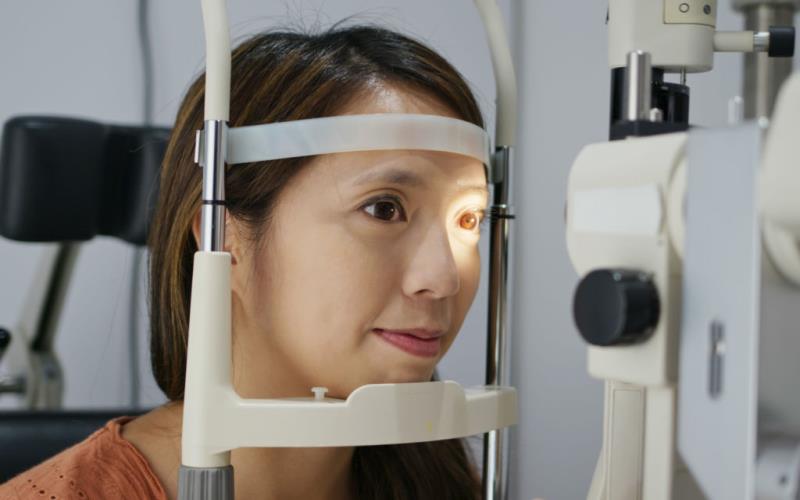In an era where technology and healthcare increasingly intersect, the future of patient care is being reshaped by the digital revolution. The integration of digital tools into healthcare practices is not just a trend; it’s a fundamental shift that promises to enhance patient outcomes, streamline operations, and broaden access to care. This transformation is powered by telehealth, mobile health apps, and artificial intelligence (AI)-driven diagnostics, among other innovations. Let’s explore how these digital advancements are revolutionising the healthcare industry.
Telehealth: Bridging the Distance
Telehealth has emerged as a cornerstone of modern healthcare, especially in the wake of the global pandemic. It encompasses a broad range of technologies and tactics to deliver virtual medical, health, and education services. By allowing patients to consult with their healthcare providers via video conferencing, telehealth breaks down geographical barriers, making healthcare accessible to those in remote or underserved areas. It also offers the convenience of care from home, reducing the need for hospital visits and thereby the risk of transmitting infections. This not only saves time but also significantly cuts down on healthcare costs. Furthermore, the integration of a 24/7 answering service complements telehealth by ensuring continuous patient support, allowing for immediate assistance with inquiries, appointment scheduling, and non-emergency guidance around the clock, thereby making healthcare truly accessible at any time.
Mobile Health Apps: Empowering Patients
Mobile health apps have transformed smartphones into powerful tools for managing personal health. These apps offer a myriad of functionalities, from tracking fitness and dietary habits to monitoring vital signs and managing chronic conditions. By empowering patients to take charge of their health, these apps are fostering a new era of personalised care. They also facilitate improved patient-doctor communication, enabling real-time sharing of health data and fostering informed decision-making. As these apps continue to evolve, they’re expected to play a pivotal role in preventive healthcare, helping individuals to maintain healthy lifestyles and avoid chronic diseases.
AI-Driven Diagnostics: The Next Frontier
AI and machine learning are at the forefront of the digital transformation in healthcare, particularly in the field of diagnostics. AI-driven tools can analyse vast amounts of data from medical records, imaging, and genetic testing to identify patterns that may elude human observers. This can lead to earlier and more accurate diagnoses, particularly for conditions like cancer, heart disease, and neurodegenerative disorders. Furthermore, AI algorithms are constantly learning and improving, promising even more groundbreaking advancements in the future.
Integrating Digital Tools: A Unified Approach
The full potential of these digital innovations can only be realised when they are integrated into a unified digital health practice tool. Such platforms facilitate seamless collaboration among healthcare providers, ensuring that patient data is easily accessible and securely shared across different service points. This not only enhances the efficiency of patient care but also ensures a more cohesive and personalised healthcare experience.
By integrating telehealth, mobile health apps, and AI-driven diagnostics into a single platform, healthcare providers can offer more comprehensive and responsive care. Patients, in turn, benefit from more accessible, personalised, and proactive healthcare services. This integrated approach represents the future of healthcare, where technology empowers both providers and patients, making healthcare more effective, efficient, and equitable.
Final Thoughts
In conclusion, the healthcare landscape is undergoing a significant transformation, driven by the integration of digital tools. From telehealth services breaking down geographical barriers to AI-driven diagnostics offering unprecedented accuracy, the future of healthcare looks promising. As we embrace these advancements, the emphasis remains on creating a more connected, efficient, and patient-centred healthcare system.





